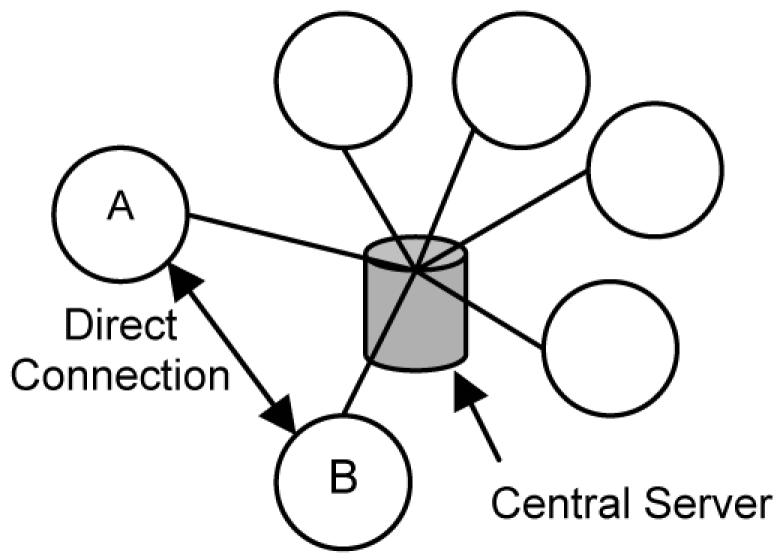Abstract
A peer-to-peer network of Critically Appraised Topics or CATs would allow sharing of relevant clinical information regarding specific clinical problems among physicians. This proposed network would enable clinicians to develop and share CATs to other users within the network. This poster describes a proposed implementation of a peer-to-peer internet based sharing of critically appraised topics in the Philippines.
Background Information
The exponential growth of information in medicine has made it virtually impossible for clinicians to keep up with new developments even in their own specialty.1
Given the large amount of medical literature available now, how can a clinician select which evidence to apply to the clinical problems he/she faces? Critically Appraised Topics or CATs are useful tools in finding clinically relevant information - information that can actually be applied at the point of care. 1,2
CATs are short, one to two page summaries of the available evidence pertaining to a specific clinical problem or scenario encountered in practice. Resident physicians under guidance of a faculty member usually prepare CATs for journal club presentations in academic medical centers.2,3
Peer-to-peer networks allow data integration of information distributed among heterogeneous computer systems. This allows multiple channels of information flow as well as reduction in the work processes in managing this information.
Implementation
Using a centralized model of a peer-to-peer network, a central server can act as a mediator for all users in the network. This central server can keep all the addresses of the computers within the network and direct traffic of all queries. In effect, a user is able to query the central server for a particular piece of information and then receive from the central server the address of the system containing that information. A direct connection is then established between the user and the machine containing that information.4 The proposed system will utilize the Simple Object Access Protocol (SOAP), which is a simple and lightweight XML-based communications protocol.
This will initially be implemented at the University of the Philippines College of Medicine alongside potential collaborators locally as well as internationally.

Centralized Model of a Peer-to-Peer network
Creating a network of CATs will be very useful for clinicians to share information they obtained by doing critical appraisal of the literature with colleagues for the purposes of teaching medical residents and students, as well serve as a reference at the point of care.
This Critically Appraised Topics Peer-to-Peer network will allow sharing and storage of clinically relevant, up-to-date information in a distributed environment.
References
- 1.Guyatt G, Rennie D. Users’ Guides to the Medical Literature. JAMA. 1993;270(17):2096–97. [PubMed] [Google Scholar]
- 2.Wyer PC. The Critically Appraised Topic: Closing the Evidence-Transfer Gap. Ann Emerg Med. 1997;30(5):639–640. doi: 10.1016/s0196-0644(97)70083-0. [DOI] [PubMed] [Google Scholar]
- 3.Sackett DL, et al. Evidence Based Medicine: How to Practice and Teach EBM. New York: Churchill Livingstone, 2000.
- 4.Modern Peer-to-Peer File Sharing over the internet. (2002), Retrieved Mar 11,2003 from http://www.limewire.com/index.jsp/p2p
- 5.Centre for Evidence Based Medicine. Oxford. What is a CAT? (n.d.) Retrieved Mar, 2003 from http://www.cebm.net/cat_about.asp


